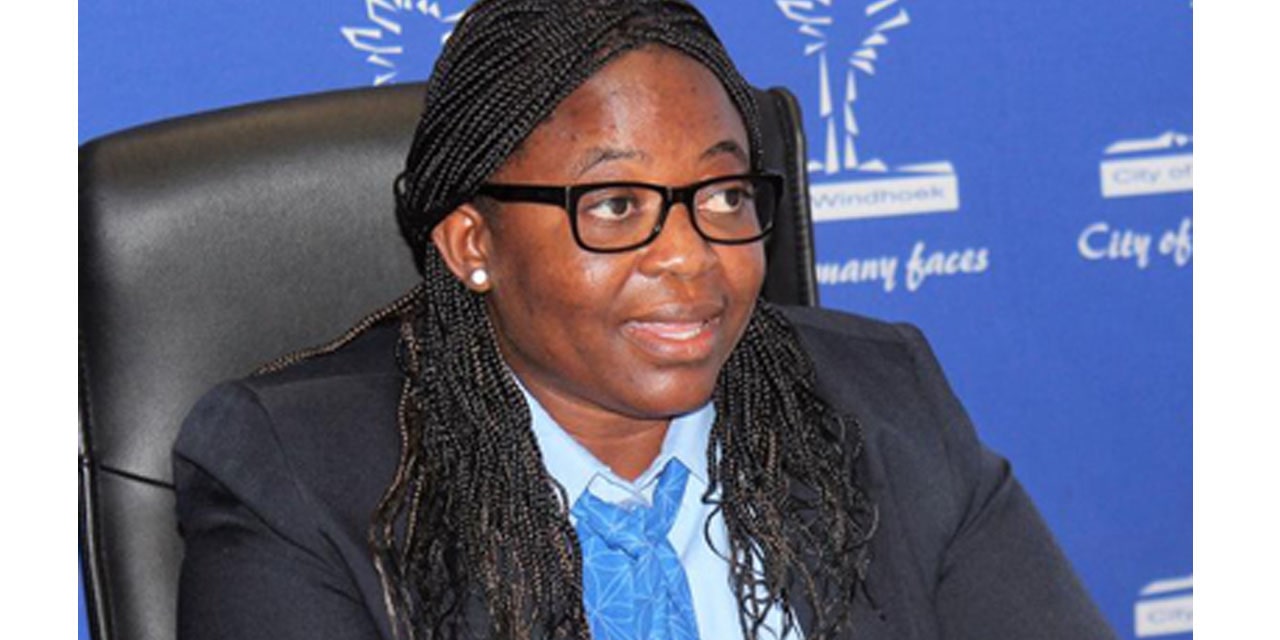Niël Terblanché
Windhoek faces a formidable water challenge and residents are urged to adopt frugal water use amidst a dire drought that threatens the central region’s water supply.
With the city’s population on the rise, the pressure on water resources has intensified, leading to a sharp increase in consumption noted between February 19 and 26.
Lydia Amutenya, the Public Relations Officer at the City of Windhoek said the situation has prompted urgent measures from both the local and national government to ensure sustainability and secure the future water supply for the capital and surrounding areas.
Amutenya stated that there is a critical need for increased public education on the importance of wise water use.
She said that the city has initiated campaigns to educate residents on conserving water, as local dams have yet to capture sufficient water to meet the growing demand.
These educational efforts are part of a broader strategy to involve the community in tackling the crisis by highlighting the role each resident can play in conserving water.
The Namibian Cabinet, last week, announced a series of urgent measures following a decision-making meeting in February.
The meeting addressed the alarming forecast of water shortages in Windhoek and its surrounding regions, propelled by climatic changes and infrastructural deficiencies. Among the measures announced is the directive for NamWater, the national water utility, to immediately undertake rehabilitation and maintenance of existing water distribution systems to improve efficiency.
The current water sources and reservoirs are only projected to sustain the area for a short while longer.
According to the Cabinet, achieving a crucial savings target of five percent is imperative to reaching the July 2025 threshold.
To mitigate the risk of a severe water shortfall, the Cabinet has fast-tracked several ongoing and future projects aimed at augmenting the water supply.
This includes the construction of a second direct portable reclamation plant and upgrades to various wastewater treatment facilities.
The Cabinet approved funding for a long-term water supply solution from the Okavango River, capable of delivering 32 cubic meters of water per second.
This initiative, along with the feasibility study for a northern desalination plant funded by an African Development Bank grant, represents Namibia’s proactive approach to addressing its water security challenges.
According to the plans, prioritizing both immediate and long-term needs, the Namibian government is taking decisive action to safeguard its citizens and the environment against the adverse effects of water scarcity.




